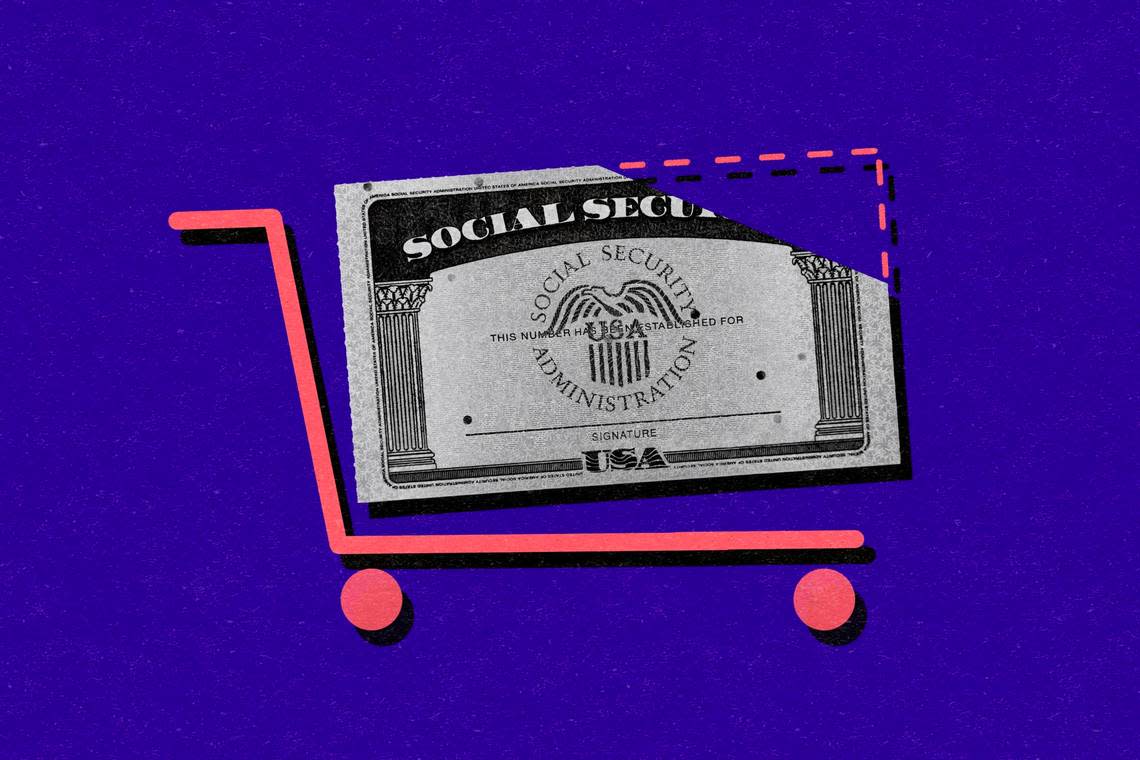Will seniors get their Social Security payments if there’s no debt ceiling agreement?

Millions of seniors across the country “would see their Social Security benefits halted” if the government defaults, California Sen. Alex Padilla warned at a press conference last week.
He’s probably right.
But no one needs to start planning for disaster yet. President Joe Biden and congressional leaders are trying to find a way to raise or suspend the debt limit. Even if they don’t, there are some politically risky ways that payments to the nation’s 66 million beneficiaries could continue.
Different versions of Padilla’s warning have been circulating around Washington in recent days. Treasury Secretary Janet Yellen has said the debt limit could be reached sometime around June 1.
If that happens, the government would default and be unable to borrow or pay its bills.
“If there is a default, which means Treasury has no borrowing authority and not enough cash on hand, there’s a good chance Social Security benefits will be disrupted,” said Dan Adcock, government relations and policy director at the nonpartisan National Committee to Preserve Social Security and Medicare.
Could benefits come anyway?
William Hoagland, senior vice president of the Bipartisan Policy Center, generally agreed but
cited some longshot scenarios under which benefits could continue — efforts that would be difficult to implement and probably politically toxic.
Social Security payments are made monthly and distributed according to one’s birthday. Next month’s payments are due June 3, 14, 21 and 28. In March, retirees received an average of $1,784 a month.
In theory, Treasury could wait to collect enough revenue, including through Social Security taxes, to cover an entire day’s obligations and then make such payments all at once. For example, on the first date of default, it might take two days of incoming revenue to honor all of the obligations that were due on the first date of the default.
As a result, the first day’s payments would be delayed by one day. After that “they’re going to be hard pressed because the delays in payments will only grow until the debt limit is increased or suspended,” said Adcock.
Treasury could also cash in securities from the Social Security trust fund. But using new revenues would create other problems, Hoagland said.
Doing so would make Social Security a top priority, ahead of other social programs or the military, likely sparking a political uproar. And there are serious questions whether government technology can prioritize payments.
“Who goes to the front of the line?” asked Hoagland. “Why should Social Security have a special advantage?”
Yellen has strongly resisted prioritizing, saying the government’s policy is to simply pay all its bills.
“There are a variety of different options, but there are no good options. Every option is a bad option,” she told CNBC last week. “The only option that really leaves our economy in good shape - and our financial system - is raising the debt ceiling.”
Default is simply a serious danger to seeing a continuation of benefits, whether it’s immediate or delayed. If default happens, said Hoagland, “we’re definitely not going to be able to pay our bills.”


